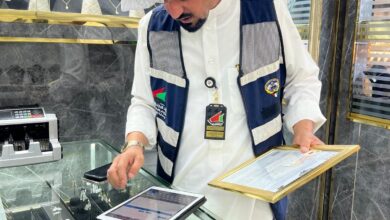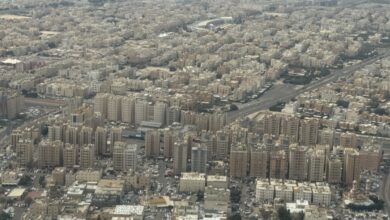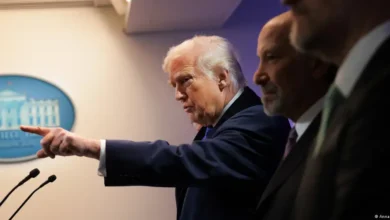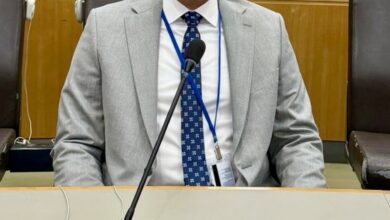KSE recovers over one-third of Sunday losses despite regional war fears
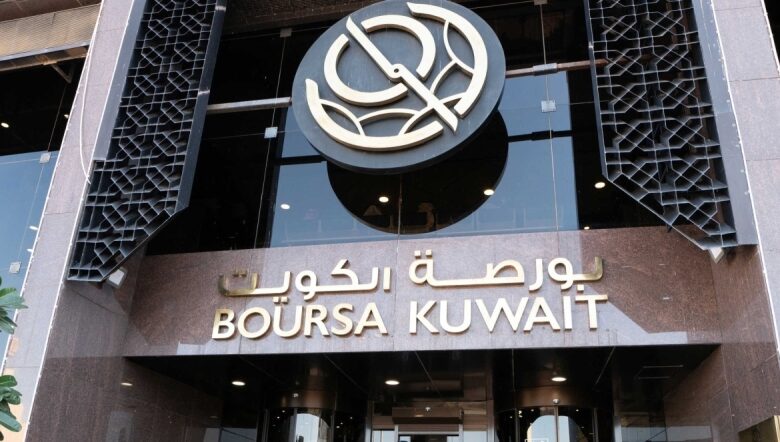
As the direct conflict between Israel and Iran entered its fourth day on Monday, the Kuwait Stock Exchange closed higher, defying the absence of a ceasefire and broader regional instability.
This performance, according to Al-Rai, mirrored a broader trend across Gulf markets, which saw partial recovery from the steep losses triggered in the opening session of the week.
The Gulf region’s stock markets managed to recover a significant portion of the $39.6 billion in total losses incurred since last Thursday. In Kuwait’s case, the market regained approximately 686 million dinars ($2.3 billion), about 36.7 percent of its initial losses, bringing its market capitalization to $47.536 billion.
The Saudi market led Gulf gains with a rebound of $6.7 billion, bolstered by the performance of Aramco shares aligned with global oil price movements. Qatar followed with a $3.2 billion increase, while Abu Dhabi added $2.8 billion, Dubai $1.7 billion, Oman $300 million, and Bahrain $100 million. In Kuwait, 11 sectors contributed to the market’s rise, particularly the energy sector, which jumped 4.14 percent.
However, the basic materials and insurance sectors saw declines of 3.09 percent and 2.71 percent, respectively. The gains were driven largely by renewed interest in operational stocks that had seen recent price drops, ahead of upcoming first-half earnings reports and dividend announcements.
The Premier Market Index rose 1.4 percent (119.2 points), the General Index gained 1.46 percent (114.63 points), the Main 50 Index increased 1.68 percent (112.94 points), and the Main Index added 1.76 percent (119.08 points).
Despite this uptrend, market liquidity decreased by 19.1 percent to 103.25 million dinars, the volume of traded shares declined by 5.3 percent to 422.51 million, and the number of executed transactions fell to 26,320.
Analysts attributed the bounce-back to selective buying of leading stocks by institutional investors and funds, taking advantage of undervalued prices.
This strategy reflects confidence in the markets’ ability to weather geopolitical crises, as seen in previous conflicts like the Russia-Ukraine war and the Israel-Hamas conflict. The current climate, they noted, may be more favorable for medium- to long-term investors.
Meanwhile, in Iran, authorities announced that the Tehran Stock Exchange and financial markets would remain closed until further notice to protect citizens’ assets amid escalating Israeli airstrikes. The Iranian rial has continued to weaken significantly against foreign currencies, and the Tehran Bazaar has also been shut, although local banks remain operational.







